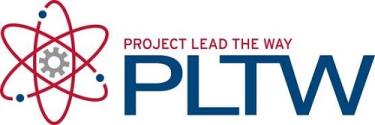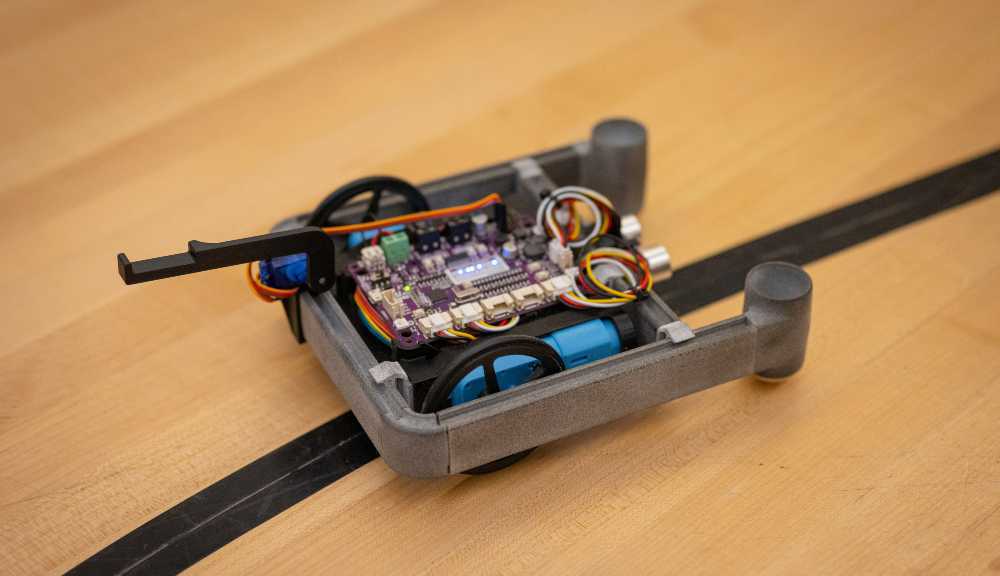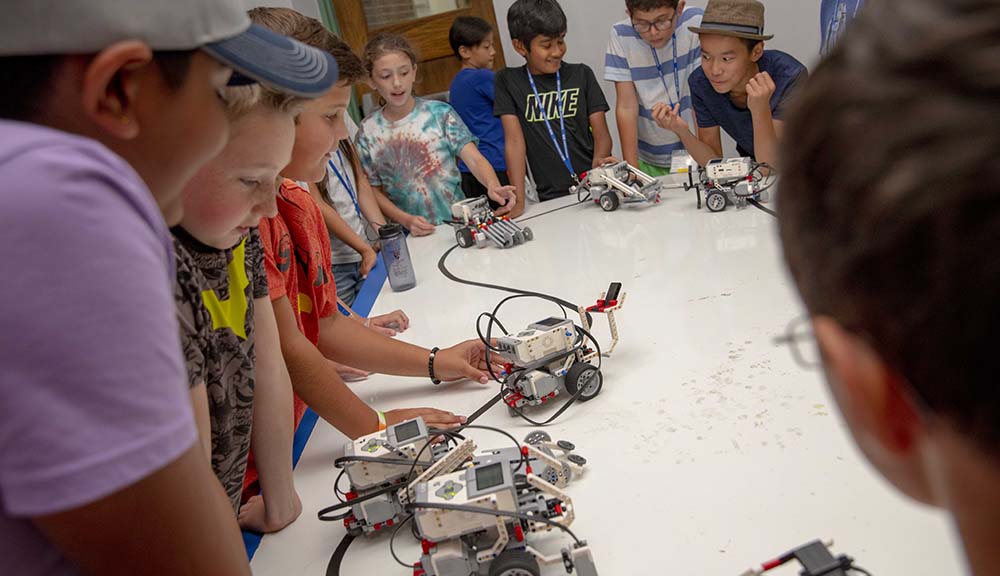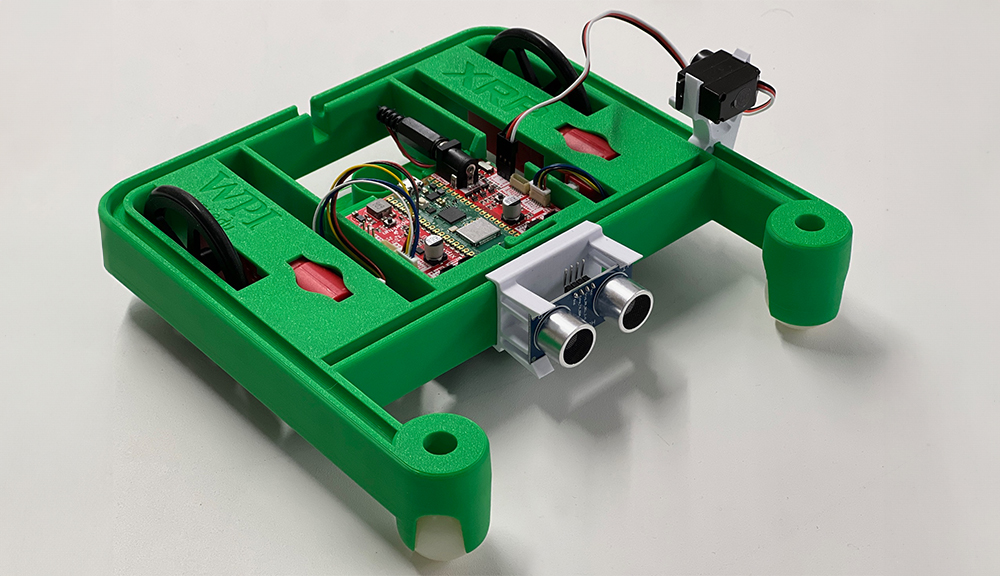Worcester Polytechnic Institute and Project Lead The Way have been selected to help dramatically scale STEM applied learning curricula across schools in Massachusetts. This grant is given to combine the strengths of two important undertakings – the STEM Education Center at WPI and the Project Lead The Way curriculum. Project Lead The Way (PLTW) is a nonprofit organization that provides a transformative STEM learning experience for K-12 students and professional development for their teachers. The STEM Education Center at WPI works directly with PreK-12 teachers and is home to numerous initiatives that provide STEM solutions for schools. This new endeavor is noteworthy in its intent to provide access throughout the state.
The PLTW curriculum has proven impact on student performance, interest, and outcomes. PLTW is unique because it makes the sciences come to life for students and teachers with a curriculum that is project-based, requiring students apply what they learn in hands-on assignments. This initiative will double the number of schools from the more than 100 schools who currently provide PLTW courses to over 220 and expand the number of students reached within the participating schools. As the Massachusetts Affiliate University for PLTW, Worcester Polytechnic Institute provides professional development and tactical and strategic assistance to school systems adopting PLTW programming.
“This is an exciting time to be in education,” said Martha Cyr, who is currently the executive director of the STEM Education Center at WPI and the person kicking off this initiative. “PLTW’s STEM-based programs help develop skills in problem-solving, critical- and creative-thinking, communication and collaboration through hands-on activities, projects, and problems reflective of real-world scenarios and careers. We’ve seen real success in school systems that have implemented Project Lead The Way courses, and at WPI, we are poised to help bring this innovative programming to more schools, more students, and more teachers here in the Commonwealth.”
The work is multifaceted. One component is to identify a core of PLTW teachers who will become Massachusetts Mentor Teachers, who in turn can provide specific, hands-on training to educators in school districts implementing PLTW programming. Other components include developing, coordinating, and providing Advanced Training opportunities to PLTW teachers. The Jacobson Family Foundation grant, $225,000 for three years, provides bridge funding that will expand the programs and make them self-sustaining.
WPI will also be working in close partnership with a new organization, the Mass STEM Hub to help grow the number of schools using PLTW with high-quality implementation. To complement WPI’s work expanding the teacher training offerings, the Mass STEM Hub will develop a comprehensive ecosystem of enrichment activities and supports around PLTW programs to maximize the impact for students. For example, Mass STEM Hub will provide grants to schools and districts to support adoption and expansion of PLTW programs, host student events and competitions tied to the PLTW curriculum to expand the programming beyond the four walls of the classroom, and work to recruit industry partners for schools to provide real-world connections to 21st century careers.
At WPI, the support for growing the number of students with access to PLTW will begin immediately. “We’re aiming to double the number of participants in the annual conference this year, and, within five years, reach approximately 20% of the students in the state,” said Cyr, noting that last year’s conference included more than 120 participants. The free daylong conference is a combined informational and professional development event for district administrators, principals, curriculum specialists, teachers, school counselors, and interested business and industry professionals to learn about PLTW’s K-12 curricular programs in engineering, computer science, and biomedical science. WPI hosts the annual conference, provides core training, assists with the implementation of the PLTW curricular programs, and provides ongoing support to PLTW schools in Massachusetts and other New England states.
This year’s conference will be held at WPI on Thursday, October 20, and will feature opening remarks by Massachusetts Lieutenant Governor Karyn Polito. Click for more information.
PLTW engages students at more than 9,000 schools across the U.S. in hands-on activities, projects, and problems reflective of real-world scenarios and careers. PLTW’s STEM-based programs help students develop applicable skills in computer science, engineering, and biomedical sciences. Studies show that students who take PLTW courses have a better understanding of math and science concepts and are more likely to pursue STEM-related majors and careers. PLTW courses are aligned with the Common Core and Next Generation Science Standards, and are endorsed by Change the Equation.
About PLTW
Project Lead The Way (PLTW) is a nonprofit organization that provides a transformative learning experience for K-12 students and teachers across the U.S. PLTW empowers students to develop in-demand, transportable knowledge and skills through pathways in computer science, engineering, and biomedical science. PLTW’s teacher training and resources support teachers as they engage their students in real-world learning. More than 9,000 elementary, middle, and high schools in all 50 states and the District of Columbia offer PLTW programs. For more information on Project Lead The Way, visit pltw.org
About the Mass STEM Hub
Mass STEM Hub partners with schools to implement high-quality applied learning programs. Its mission is to provide schools access to and support for high-quality, in-school applied learning programming that engages students and prepares them for 21st century careers. Mass STEM Hub seeks to be a trusted resource to schools, higher education, and industry by identifying proven programs, developing supports to help ensure high-quality adoption, and creating complementary offerings (e.g., trainings, events) to supercharge the impact. By working at scale across the state, Mass STEM Hub can develop programs and cultivate partners that would be difficult for single schools working alone to create.



